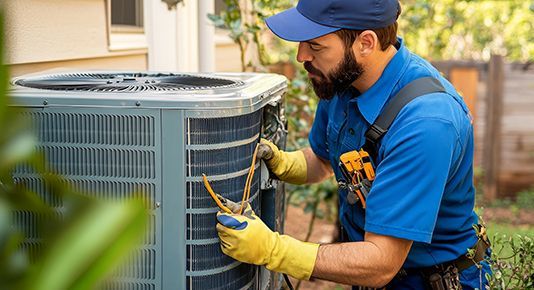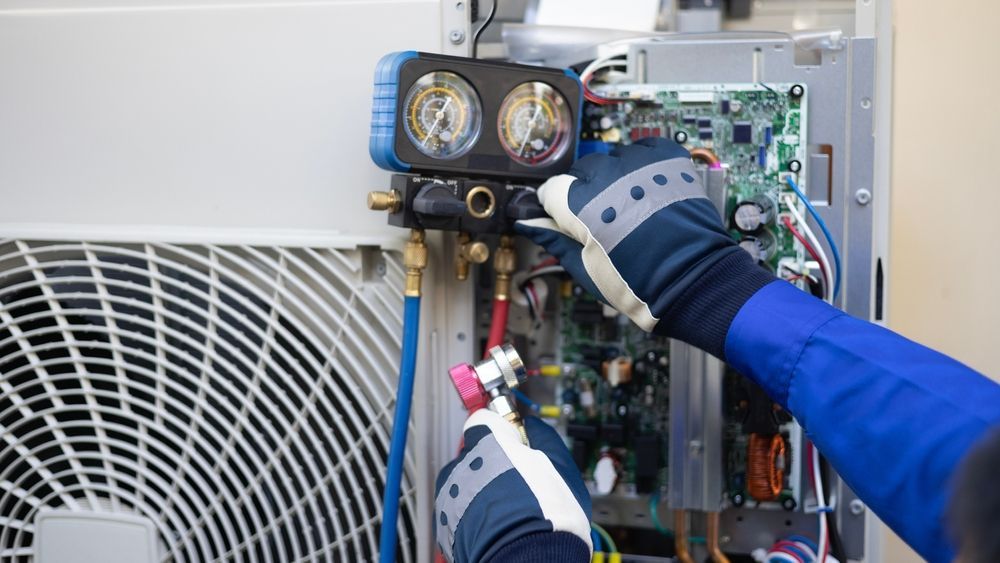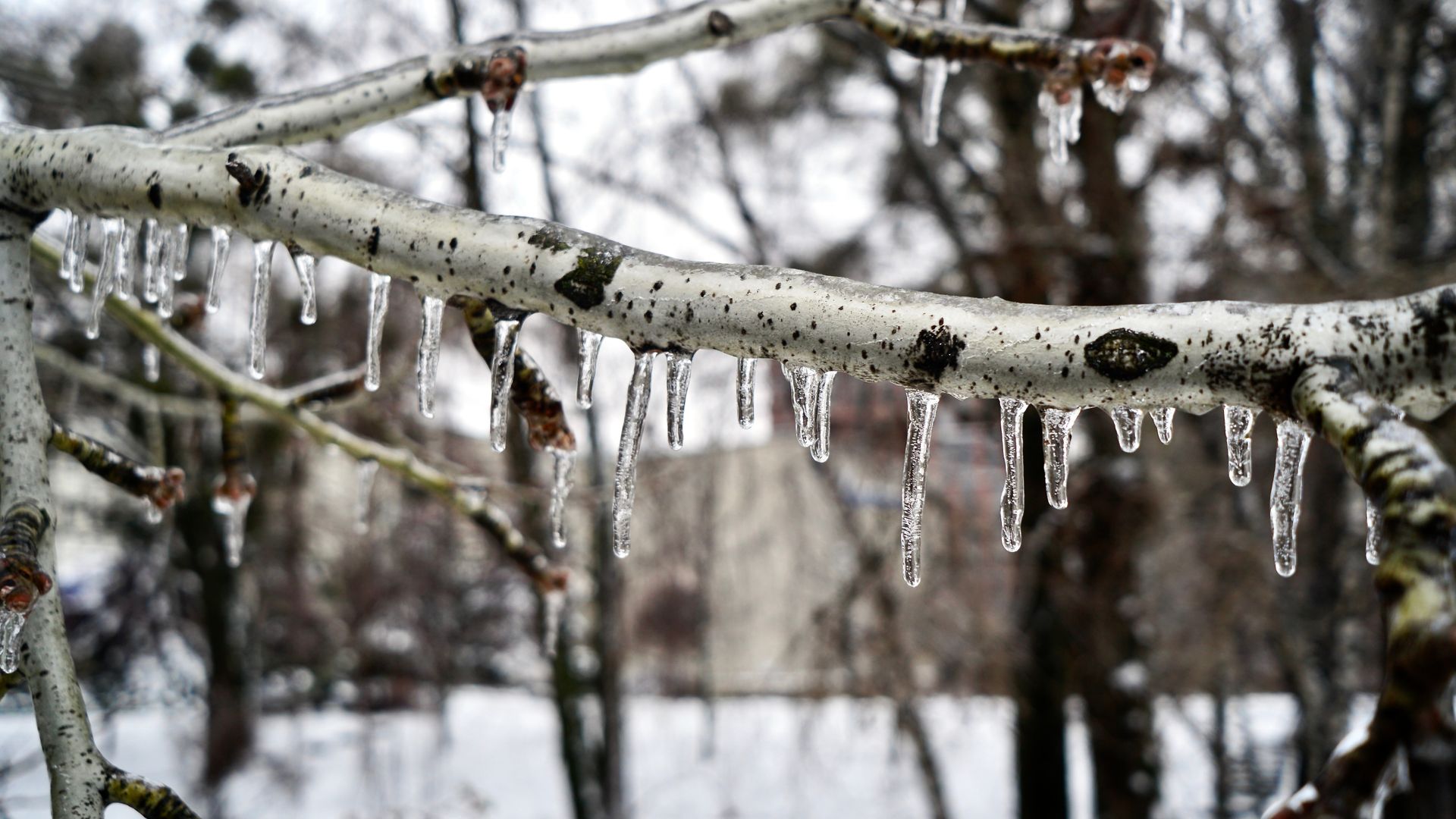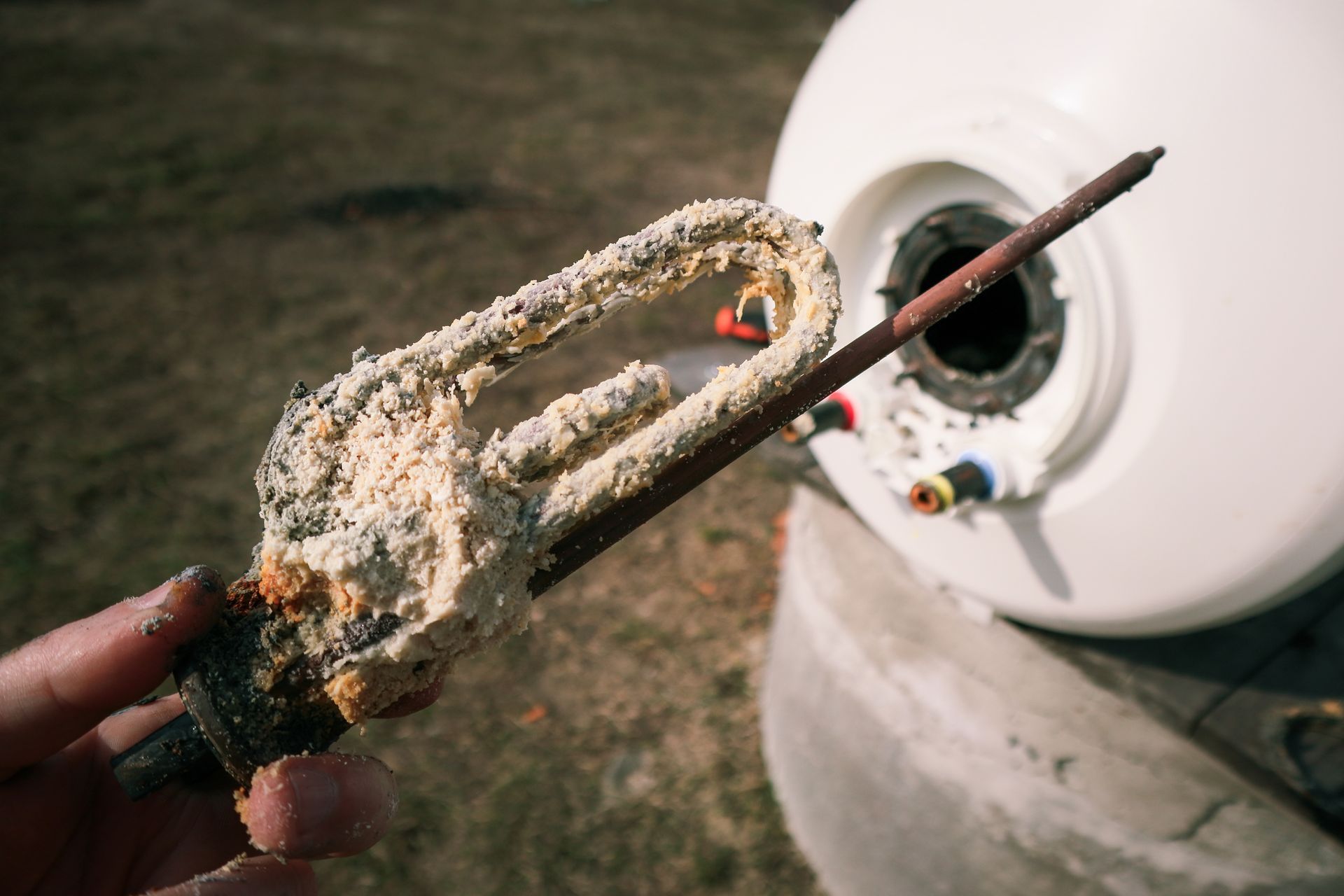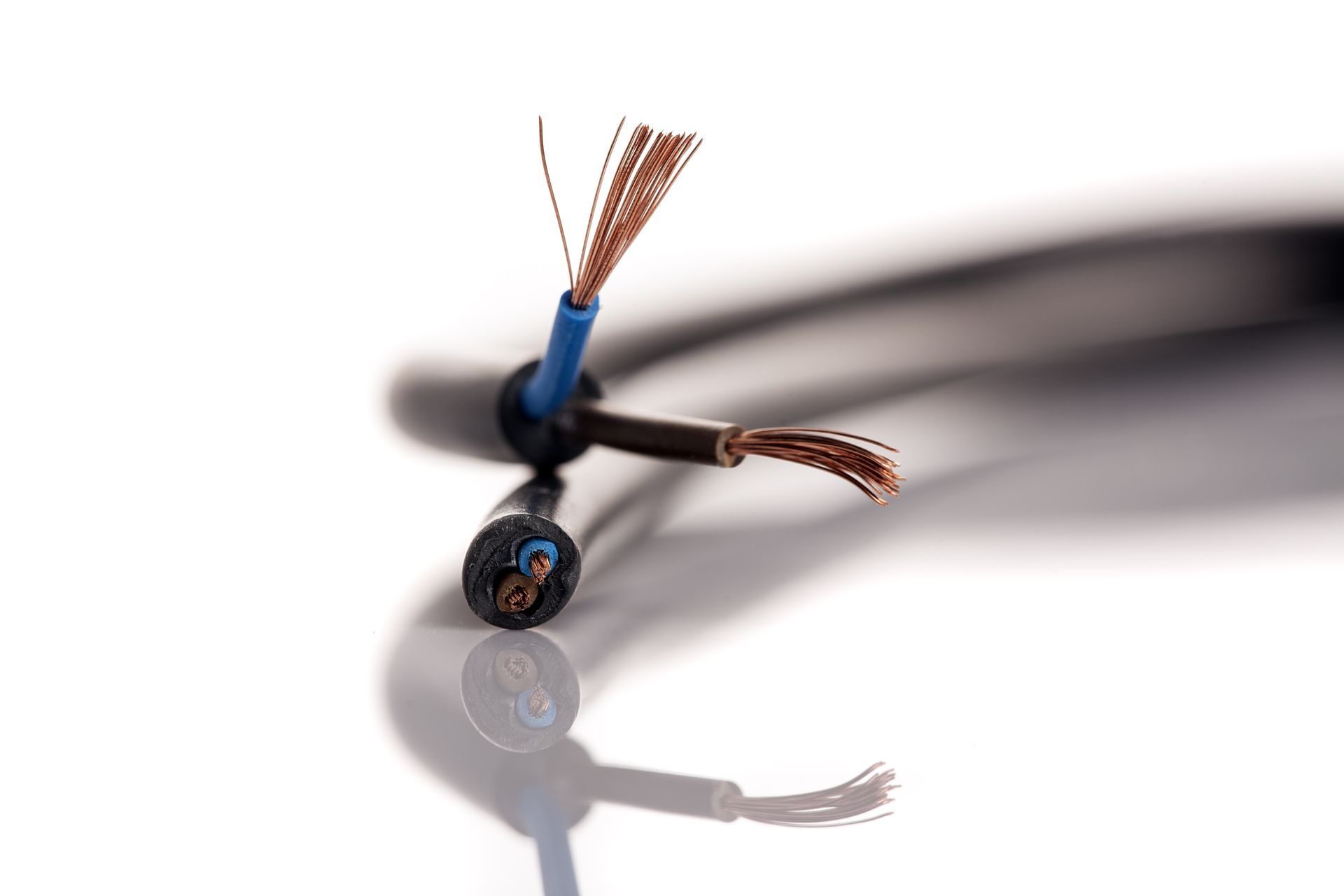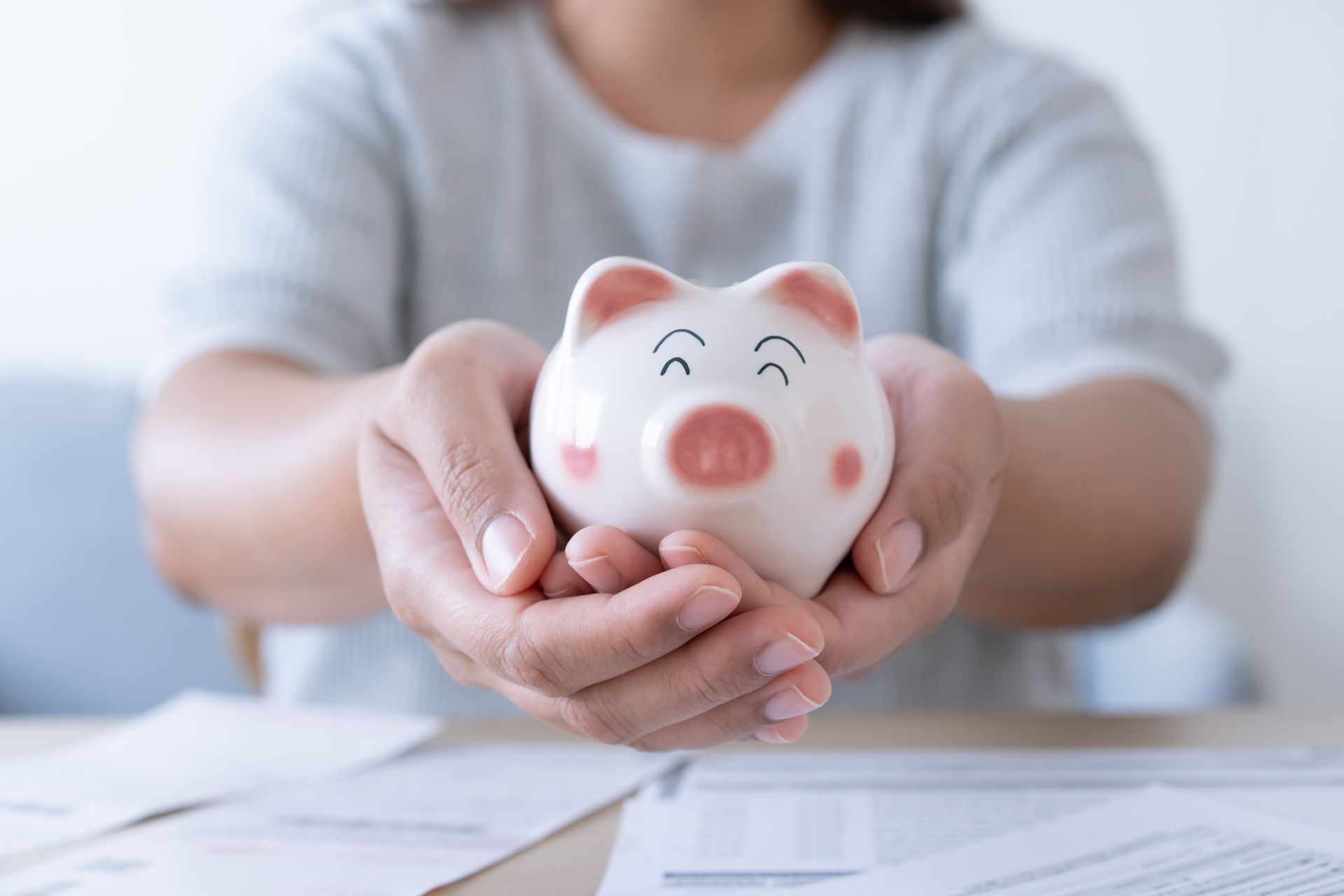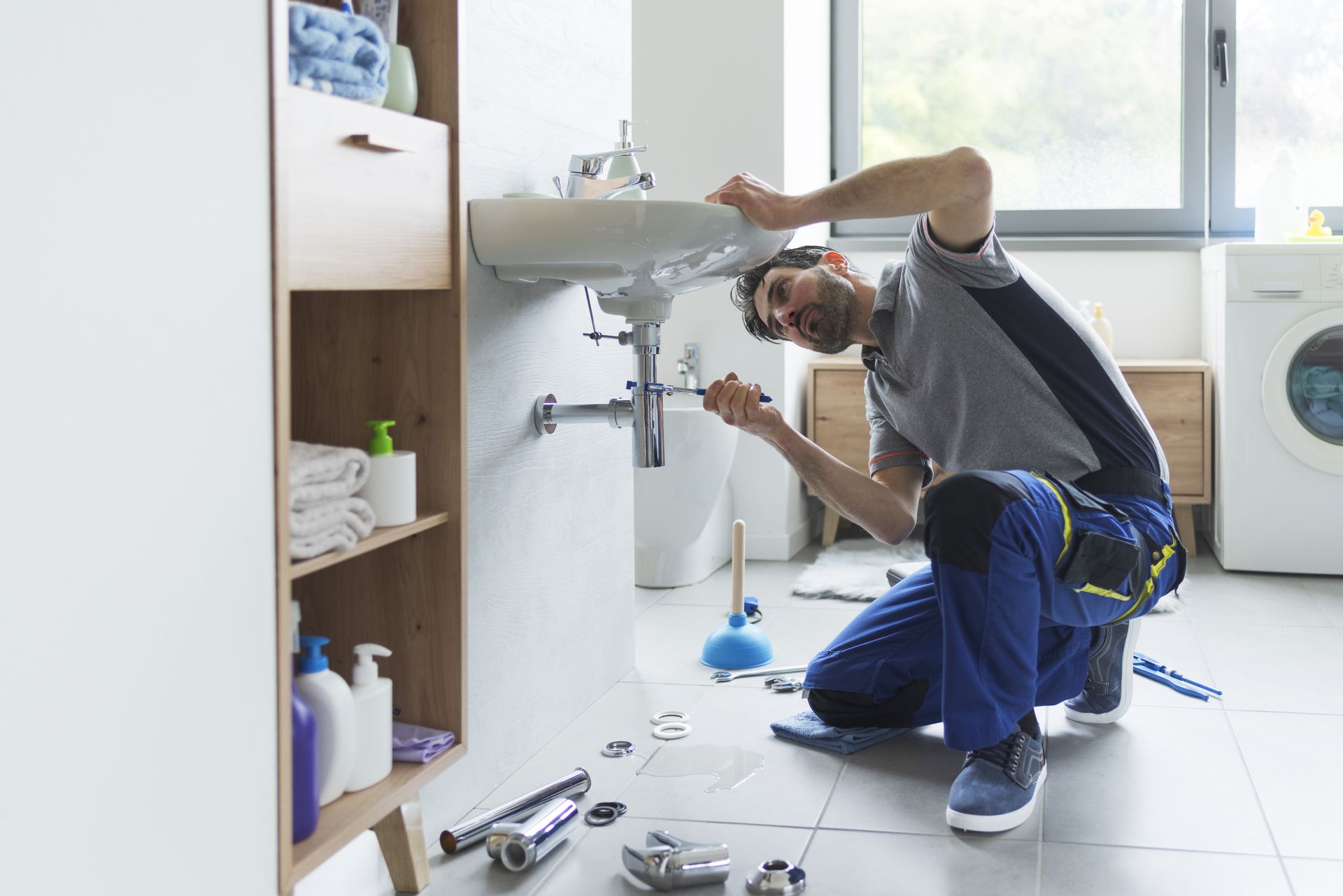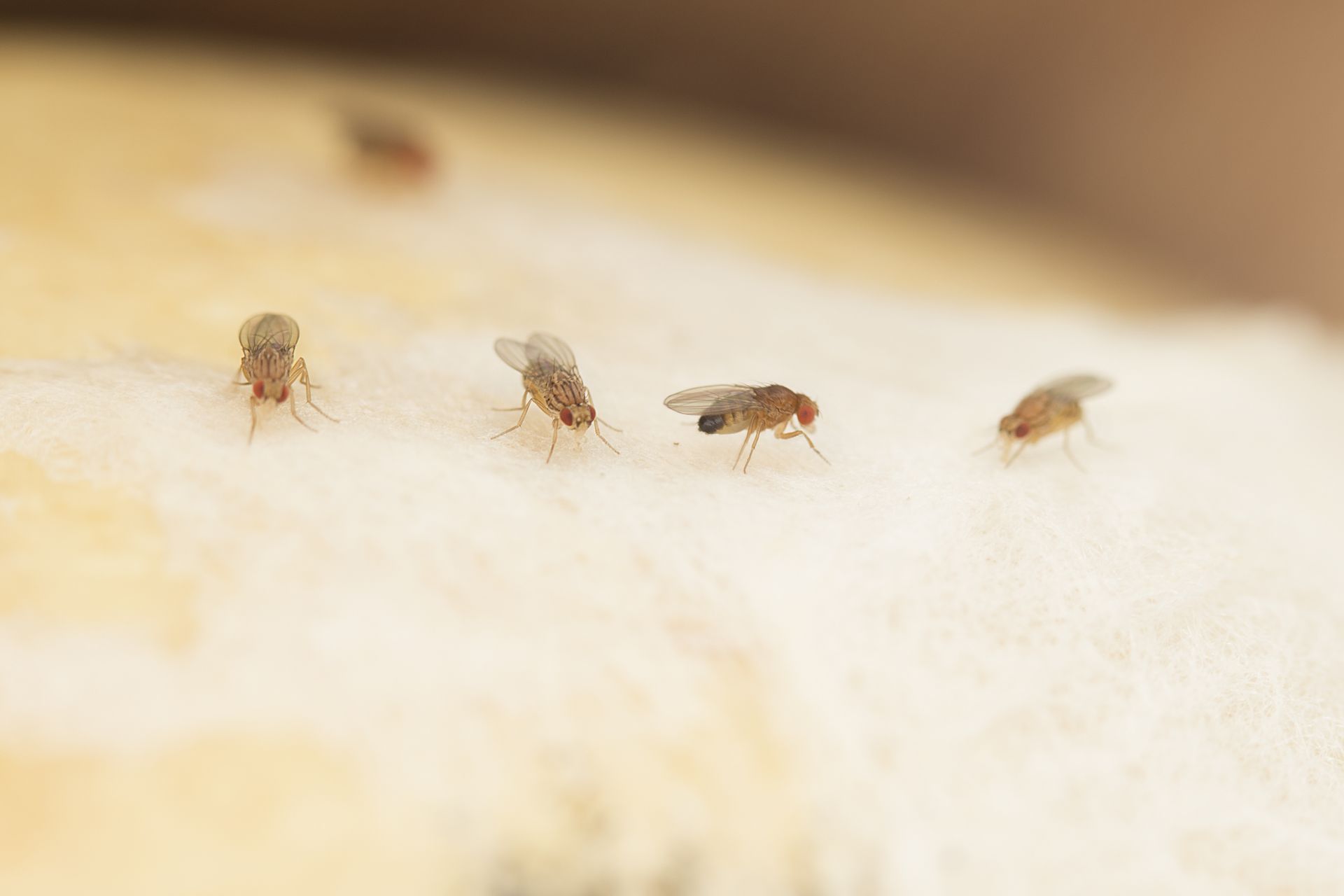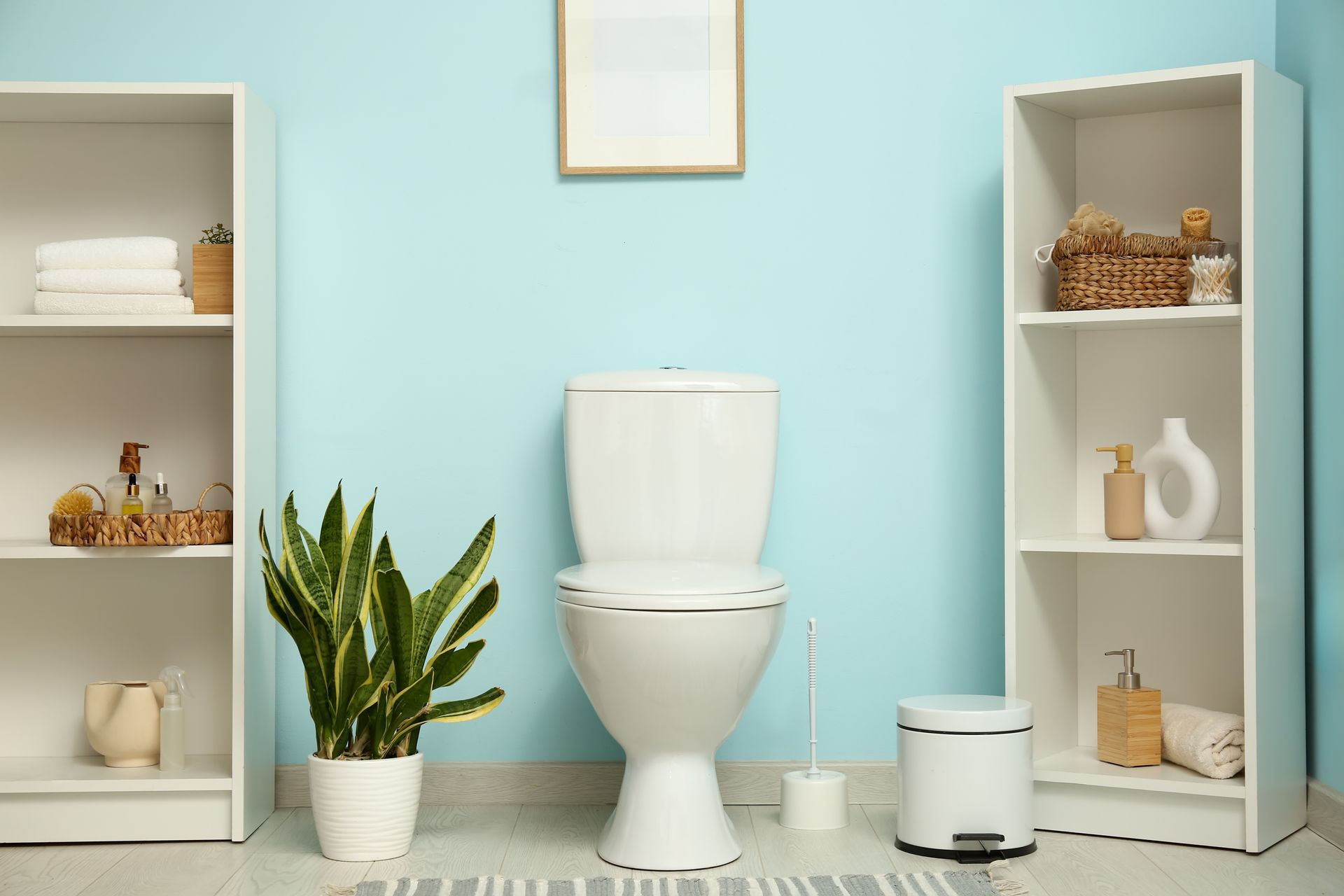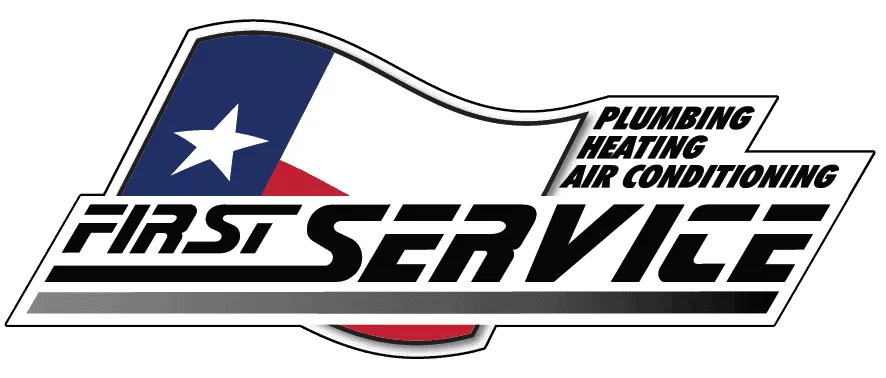Garbage Disposal Constantly Clogging? | Here’s What You Can Do
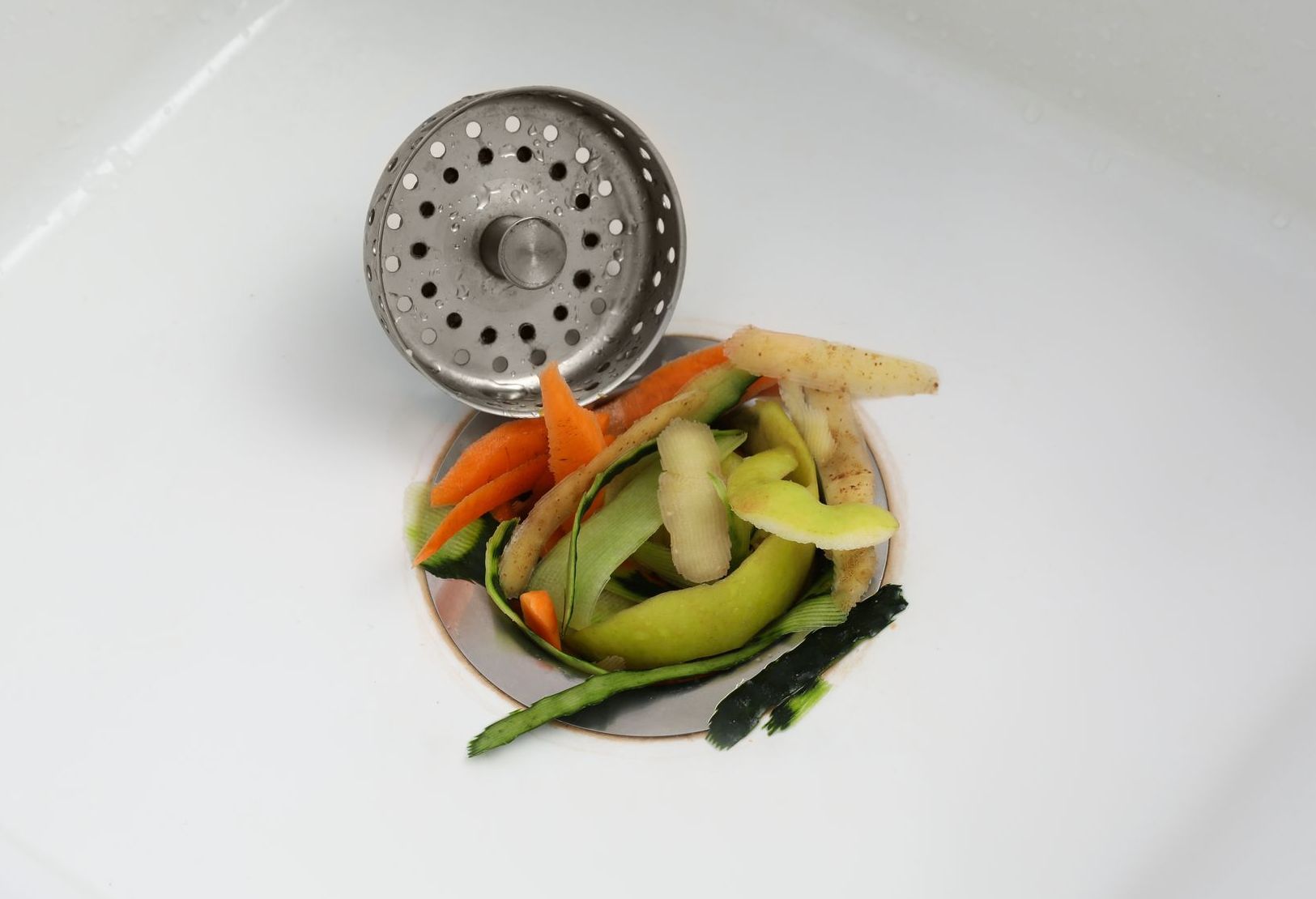
Garbage disposals can be helpful in grinding down left-over food waste, improving the odor in your kitchen, and making clean-up easier. However, a clogged garbage disposal can be a headache, as it can cause dirty water to remain in your sink.
Plus, repairs can cost several hundred dollars, especially if a replacement is needed. Luckily, there are several things you can do as a homeowner to prevent a clogged garbage disposal from developing.
Not All Food Can Go Down a Garbage Disposal
First and foremost, it’s important to understand that not all food can go into a garbage disposal. Some foods are too hard for disposal, causing wear-and tear on the blades and blockages to form.
Here’s a List of Foods That Shouldn’t Go in Your Disposal:
- Coffee grounds: Although small, coffee grounds tend to clump together. Because it takes them a while to break down, grounds can stick together inside your pipes, causing blockages to occur.
- Bones: Bones are especially bad for disposals. Bones not only cause blockages in your pipes, but they can wear down your disposal’s blades.
- Eggshells/seafood shells: Like coffee, eggshells and seafood shells take longer to break down. Because of this, they can lead to blockages. They can also damage your disposal’s blades over a long period of time.
- Cooking Oil and Grease: While cooking oil and grease are liquid when hot, they congeal as they cool down, which causes sinks and pipes to clog.
- Starches: Starchy food like flour, pasta and rice can expand in pipes when they come in contact with water. As a result, they can cause blockages.
- Potato Peels: When potato peels break down, they get mushy and stop up pipes. Potato peels can also wear down your disposal’s blades.
- Non-food items: Items like paper towels, plastic food packaging and silverware shouldn’t go down your garbage disposal. Paper towels and plastic cause clogs while silverware damages the blades. In some cases, silverware can even cause disposals to break if they’re not taken out in time.
What Types of Food Can Go Down a Garbage Disposal?
- Liquids: Liquids like juice, soda, broth and coffee without grounds are safe to go down to the disposal.
- Soft foods: Foods like pudding, yogurt and applesauce are safe to wash down the disposal.
- Fruit and most vegetables are safe for garbage disposal.
The only vegetables that shouldn’t go down the garbage disposal are fibrous ones like celery, carrots and asparagus.
How To Reduce the Risk of Clogs
- Use a drain basket (or strainer) - Drain baskets are a great tool for protecting your disposal from unwanted food debris. They are easy to use, cost-effective and can be found in major retail stores.
- Scrape off plates before putting them in the sink - A simple, yet effective way to reduce the risk of food entering your disposal is to scrape off your plate in either the trash or compost bin if you have one.
- Don’t prep food over the kitchen sink - Peeling potatoes, cracking eggs or deboning poultry shouldn’t be done over a sink, as the particles can fall down the disposal.
- Save your old oil and grease - Instead of pouring your used oil and grease down the disposal, save them in an old container and drop them off at your nearest grease recycling site.
What if a Clog Starts To Develop?
If a clog starts to develop, you must first turn off the disposal and unplug it before doing anything else. Safety is always the biggest priority, and you don’t want to injure your hands or fingers when unclogging your disposal.
Once your disposal is turned off and unplugged, you can then grab a flashlight and look inside. You can then pull out clogged debris using a tong or pliers. You can also use a sink plunger to remove old food debris. After you’re done, you can turn on your disposal to see if it works. If not, try resetting it.
If these methods aren’t working, it's time to bring in a professional plumber to assess the situation and determine the best way to remedy the blockage.
Need Help With a Clogged Sink? First Service Is Here To Help!
If you’re a Midland, Texas homeowner looking for an experienced plumber, First Service is here to help! Give us a call at 432-302-6420, or click the link here to learn more about our services.
